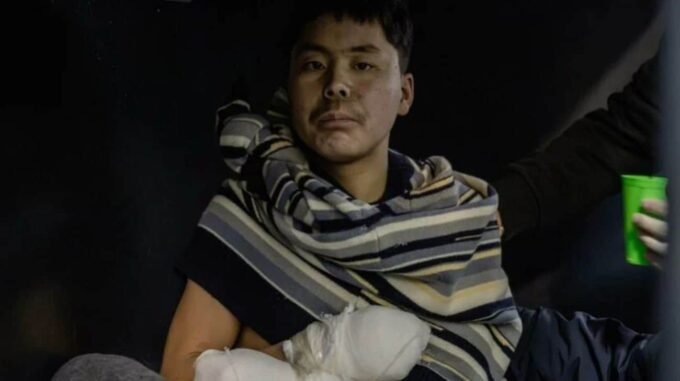North Korean Prisoners of War: Why They Were Not Included in the “1000 for 1000” Exchange in Ukraine

In the context of the large-scale prisoner exchange between Ukraine and Russia in the "1000 for 1000" format, which took place last week, questions remain about the fate of certain foreign nationals, in particular North Korean servicemen. According to information provided by Yonhap News Agency, citing a member of South Korea’s National Assembly, Yoo Yon-hwa, two North Korean military personnel—surname Ri and Pyeong—were not included in the exchange lists, although they had previously been in Ukrainian captivity. The deputy stated that the decision not to consider these prisoners in the exchange was made under the insistence of the South Korean authorities. Ukrainian sources confirmed that these servicemen had been held as prisoners but their fate was left outside the scope of the mass exchange participants. It is worth noting that South Korean officials expressed their readiness to accept their compatriots if they voluntarily agree to relocate to South Korea. One of them, Ri, has already expressed a desire to return to South Korea, which has caused some resonance in diplomatic circles. Meeting with Prisoners: Efforts and Concerns Deputy Yoo Yon-hwa visited Ukraine in February this year and had the opportunity to speak personally with both servicemen while there as part of a diplomatic mission. In a social media post, he reported that one of the prisoners, Ri, voiced concerns in an audio recording about the possibility of his parents being executed if he returned to North Korea. According to him, this fact points to a potentially tragic scenario that could await these servicemen after repatriation. Yoo Yon-hwa called on the Ukrainian government and international organizations to intervene and provide these men with the opportunity to remain in South Korea, thereby avoiding dangerous consequences for their lives and safety. He emphasized that one of diplomacy’s tasks is to ensure the security and rights of all citizens, regardless of their origin and circumstances of captivity. Background information and context The "1000 for 1000" exchange, which occurred on May 25, was the third major release of prisoners in recent months. According to reports, 303 Ukrainian military personnel and defenders, who had been prisoners in Russia, returned to Ukraine. However, the story does not end there: Colonel Denys Prokopenko, commander of the Azov Battalion—also known as "Redis"—criticized the exchange, pointing out that none of his subordinates were included in the three-day negotiations. He expressed doubts about the Ukrainian authorities' willingness to return Azov fighters and suggested operational involvement. It is also significant that among the released were no civilians: writer and former Kremlin political prisoner Svyatoslav Asaev reported that no civilians who had been held in Russian captivity for over eight years are listed. These issues heighten concerns about the humanitarian situation in the conflict zone and the level of diplomatic efforts aimed at finding and releasing prisoners. An additional aspect is the confirmation by North Korean leader Kim Jong Un in April 2025 of the deployment of military personnel to support Russia in its war against Ukraine. This reflects the growing military and strategic cooperation between the two countries amid the conflict and provides further grounds for analyzing the role of foreign nationals in this context. Thus, the fate of North Korean prisoners of war increasingly garners attention and requires a careful diplomatic and humanitarian approach. At the same time, the fact that these individuals were left outside the scope of the formal exchange underscores the complexity and multi-faceted nature of the current conflict, as well as the necessity of persistent efforts to seek solutions for all involved parties.

